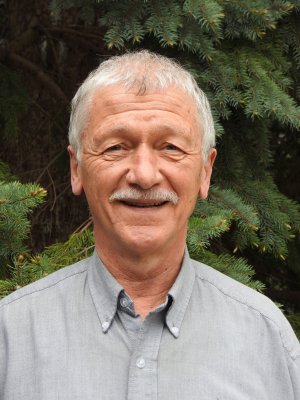Goshen College alum, David Waltner-Toews ’71, appointed to the Order of Canada
by Sadie Brenneman ’25

David Waltner-Toews, a 1971 Goshen College graduate, was recently appointed to the Order of Canada, one of the highest honors given by the Canadian government for citizens who make extraordinary contributions to the country.
From academics to indigenous leaders to cultural figures, the role and contributions of each appointee varies. Waltner-Toews was appointed “for his leadership and expertise in ecosystem approaches to health, and for supporting development worldwide.”
Walter-Toews is a veterinary epidemiologist and award winning author, widely published in poetry and on a variety of subjects, including animal-to-human diseases and Mennonite history.
Waltner-Toews has published seven collections of poetry, a collection of short stories, two murder mysteries, six books of popular science, and several texts and manuals on ecosystem approaches to health. From meditations on pandemics to the origin of feces, his writings celebrate life’s complexities and messes.
A University Professor Emeritus in the Department of Population Medicine at the University of Guelph, Waltner-Toews is also a founder of the Network for Ecosystem Sustainability and Health and Veterinarians Without Borders, an organization that works to decrease the prevalence of disease in developing countries, specifically those that are passed from animals to humans.
“My time at Goshen College, studying both arts and sciences in a culturally inclusive spirit of ‘Culture for Service,’ helped stimulate many of the passions that have driven the past few decades of my work, integrating the health and wellbeing of people, other animals, and the ecosystems we share,” said Waltner-Toews.
The appointees were announced on June 29 by Mary Simon, Governor General of Canada, and Waltner-Toews. He was one of 85 appointees.
In 1967, the Order of Canada was created by Queen Elizabeth ll, to honor “people whose service shapes our society, whose innovations ignite our imaginations, and whose compassion unites our communities.”




